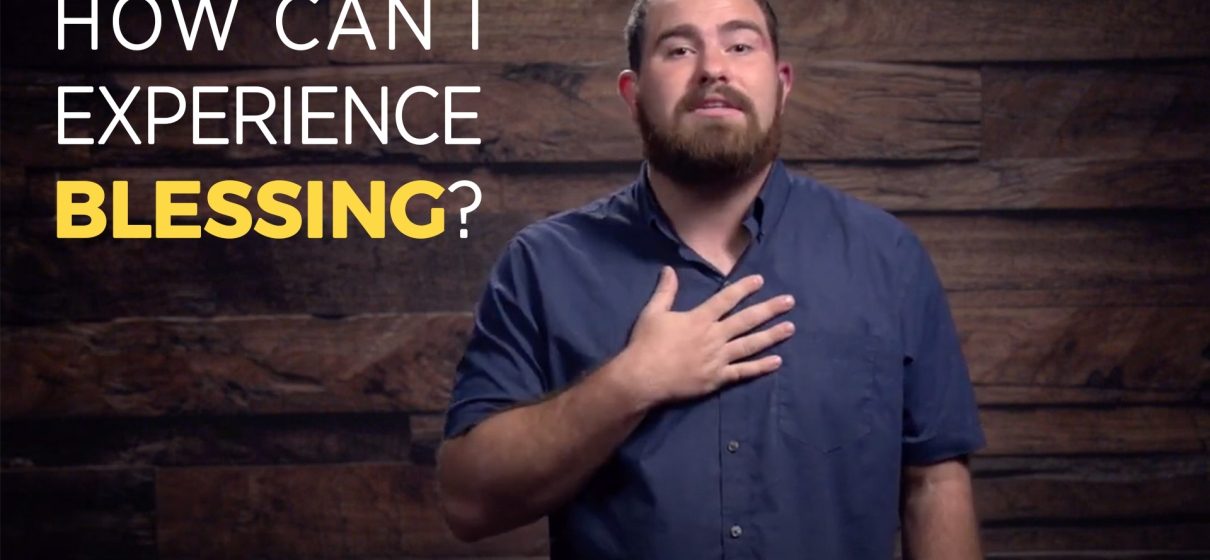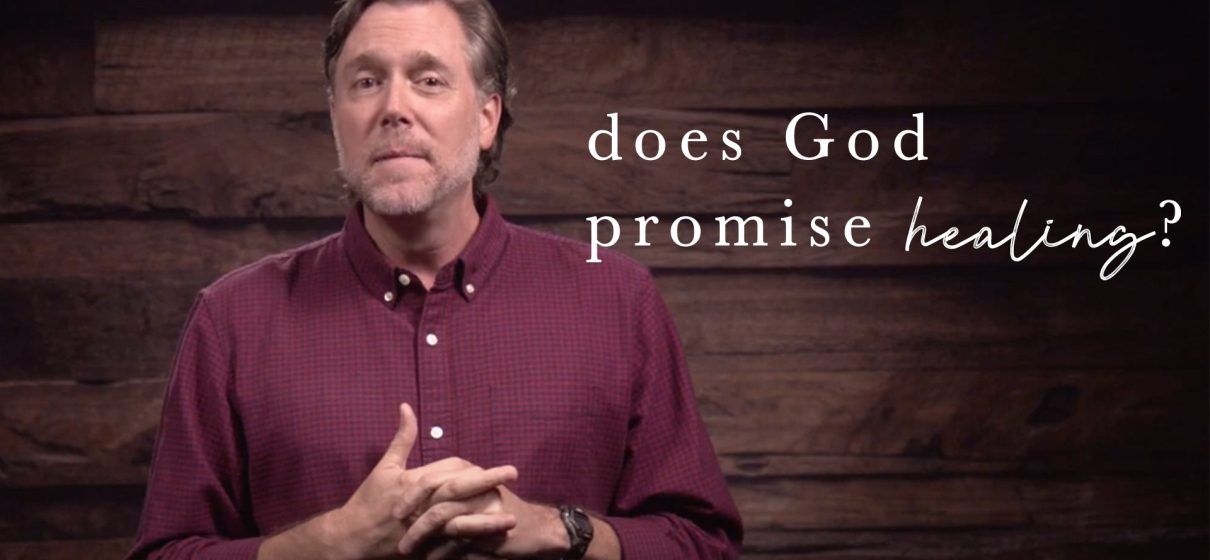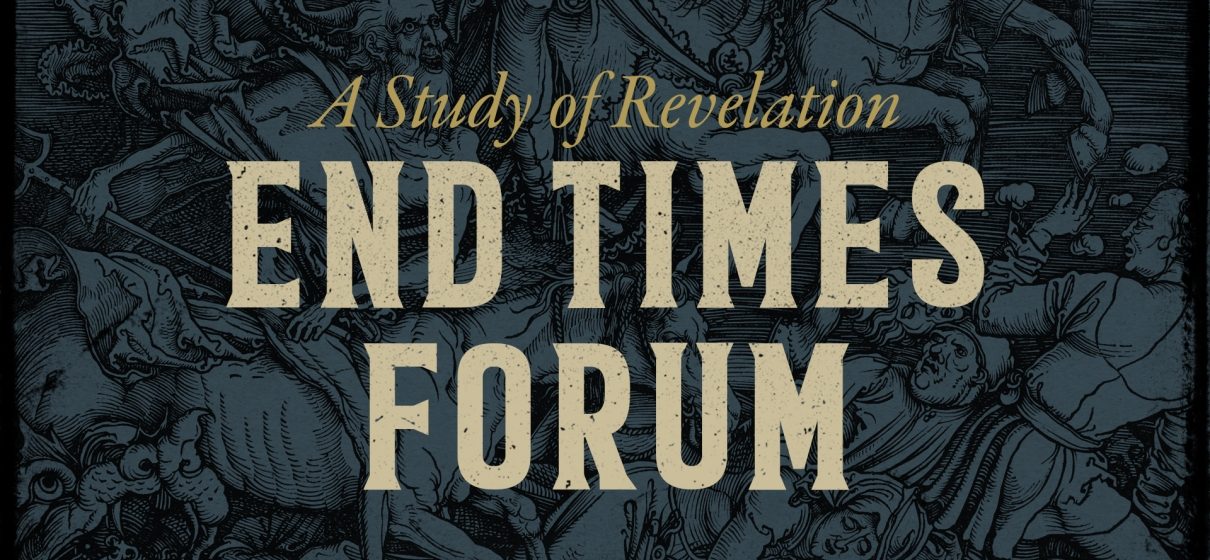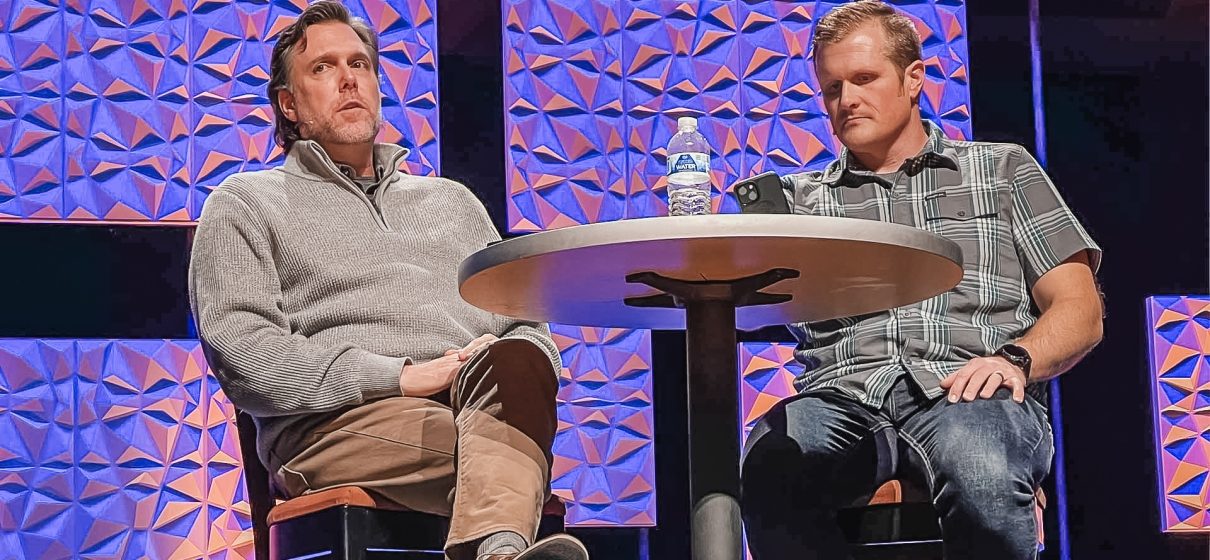Forgiving Myself
As I lie awake in my bed after everyone else in my house has gone to sleep, my mind replays my failings like a horrifying highlight reel.
How I lost my temper with my children again.
The impatience threaded through a conversation with a friend.
The devastation on my husband’s face when my sharp words cut him down.
My grief over what I’ve done blossoms into shame, convincing me that change is impossible. The shame is amplified by bitterness, and before I know it, I have welcomed dangerous lies and doubted the gospel. My head may nod enthusiastically over Jesus’s words to forgive my offender seventy times seven, but what about when the offender is me?
I don’t think I’m alone. Longtime followers of Christ are intimately familiar with the command to forgive. But when the struggle is internal, maybe you, like me, consider it almost virtuous to punish yourself harshly and deny yourself any eligibility for grace.
Why is it so hard to forgive ourselves?
In my years-long internal battle with self-resentment, I’ve identified three major obstacles along the way:
1. Pride
As a natural people-pleaser, I appreciate high standards and the accolades thrown my way when I’ve reached them. It feels good to pretend I can be righteous and good — until it doesn’t work. Pride can make me delusional about my own propensity to sin. Pride strives to patch over mistakes, pretending they never happened. Pride tells me I should’ve done better — tried harder. But Scripture says that I can’t work hard enough, that I can’t achieve perfection on my own. God isn’t surprised or shaken at my unholiness. He knows all his children need discipline and training. Instead of burying my sin deep enough to maintain my image, humbly admitting my sin before the Lord is the first step toward forgiving myself.
2. Doubt
In the Garden of Eden, we see the serpent’s first tactic as he sweet-talked Eve and Adam, weaving threads of doubt into their view of God. The Enemy is always the first to remind me of my moral failures and the first to suggest that God might not be who I’ve believed him to be. He whispers lies that tell me God didn’t really make me righteous, I can’t really be loved enough, God doesn’t really keep his promise to forgive. But we can learn to discern his hissing amidst our thoughts. Just as Jesus used Scripture to combat all of Satan’s lies in the desert, our only defense is to plant ourselves in the Bible and stand firm on God’s promises.
3. Shame
If I allow pride and doubt to fester in me, they will swing wide the door for shame. When fear of exposure controls me and God’s love seems distant, I begin to believe that there is no escape from my sin. Shame wraps its victim in the label of their wrongs. It distracts me from God’s presence, disrupts my relationships, and discourages my efforts toward spiritual maturity. But the truth of my identity in Christ can overcome the trap of shame. I love the lyrics to the song “You Are More” by Tenth Avenue North:
You are more than the choices that you made,
you are more than the sum of your past mistakes,
you are more than the problems you create,
you’ve been remade.
Because Christ has made us new creations, we are not defined by our sins. I have victory over shame because I am a child of God, a recipient of his great mercy without earning any of it, and my sin was nailed to the cross.
And you, who were dead in your trespasses and the uncircumcision of your flesh, God made alive together with him, having forgiven us all our trespasses by canceling the record of debt that stood against us with its legal demands. This he set aside, nailing it to the cross.
Colossians 2:13-14
I don’t have to keep looking back on my past sins. I don’t have to be anxious about future struggles. Freedom from shame’s snare allows me to be honest about my failures before the Lord. I don’t have to hide or justify my sin, instead humbly approaching him for forgiveness. And when we ask God to forgive us, we can be sure that he does and that his forgiveness is final.
In his death and resurrection, Jesus conquered the entirety of sin. When we are forgiven, our sin no longer hangs over us. Our souls don’t wallow in a place of guilt, for he has defeated pride, doubt, and shame. What a gift! What love! Why would we continue to carry the burden of blame when God has removed all blame from us?
When I rehearse the truth that I am a child of God, his beloved treasure for whom he died, then my heart can confess my failures to my Father, trust his promises, and rest in his grace.









